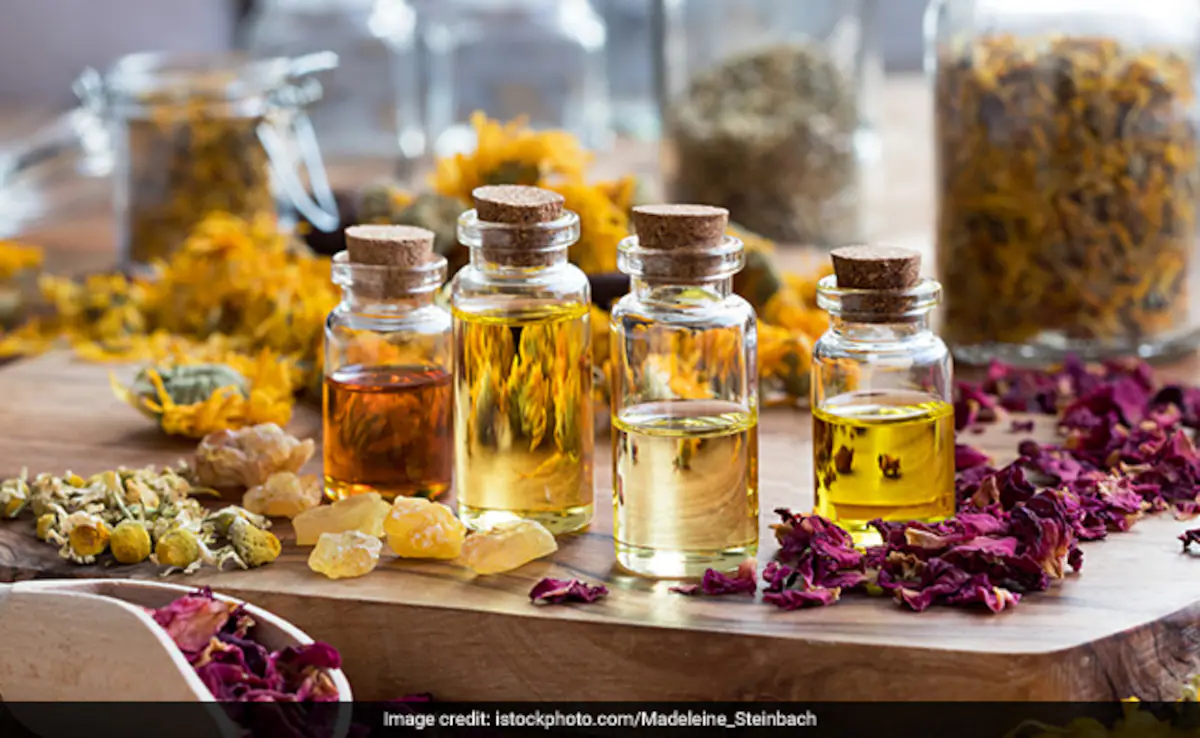Discover the Power of Nature – Buying and Using Organic Essential Oils

When purchasing produce, you look for the organic option, so why not the same with essential oils? The answer: Organic essential oils are better for the environment and your health.
Always purchase organic essential oils from a trusted supplier, prioritizing sustainable and ethical sourcing. Check for a label that lists the botanical name, country of origin, extraction method, net content, and more.
Health Benefits
Essential oils are potent plant compounds used for centuries to treat physical and mental health issues. Inhaled or applied topically after proper dilution, they can help relieve stress and anxiety, ease headaches, boost energy, soothe irritated skin, reduce pain, and much more.
It is necessary to buy organic essential oils from reputable brands, especially those that prioritize ethical, sustainable practices and have third-party certifications. Additionally, high-quality oils should always be bottled in dark amber or cobalt glass to protect them from UV rays and degradation.
When choosing a brand, ensure they’re transparent about their third-party quality testing. If a company displays the GC/MS test results for each oil on their website as you’re shopping, that’s a great sign! Lastly, look for organically sourced and USDA-certified products.
For example, a brand offers many organic essential oils and blends to suit every need. They’re also proud to support local farmers and use sustainable packaging materials. Additionally, their Commodity Manager travels directly to botanical sources to ensure they meet exacting standards. This ensures the highest quality, ethically harvested and produced essential oils. They even offer a no-questions-asked 90-day satisfaction guarantee!
Safety
Oils are highly concentrated and can be toxic if misused. Whether applied topically to the skin or inhaled through a diffuser, it is essential to use only pure, high-quality organic oils that have been properly distilled.
When you purchase an organic essential oil, you can be confident that the plants were grown under strict guidelines that help minimize the risk of chemicals entering the oil during cultivation and production. Most importantly, a certified organic essential oil is produced with a plant grown without synthetic fertilizers, pesticides, or genetically modified seeds.
While many conventional oil producers claim not to use pesticides, it can be difficult for consumers to know if the plants were sprayed. This is especially true in regions where obtaining organic certification is expensive or impractical. One recent study found that 64% of distilled essential oils contained residues that exceeded exposure levels considered safe by European health organizations.
To ensure you purchase the highest quality oil, look for a label that specifies the plant’s Latin name, the country of origin, and the USDA Organic or Canada Organic seal. A reputable company will also list the batch number and shelf-life of the oil. The company should also be committed to ethical and sustainable practices.
Aroma
Using essential oils is a powerful and effective natural way to promote well-being. While you can use synthetic oils, organic ones are a safer choice. Organic essential oils are sourced from plants grown without pesticides and chemical fertilizers. They are then distilled or cold-pressed to extract the aromatic compounds.
Organic oil companies voluntarily undergo strict organic certification to ensure their suppliers adhere to the rules and regulations the certifying body sets. They are inspected and audited at almost every step, from planting to manufacturing and production. This is why certified organic oil may cost a little more than non-organic brands.
Look for bottles that list the common and Latin name of the plant and the method used to produce the oil. Avoid products that describe how the oils were extracted, such as “solvent extraction” or “maceration.” These are not authentic essential oils and contain chemicals and other substances that can damage your health and cause allergic reactions.
Make sure the company you purchase from has a solid reputation and provides educational resources about the proper use of the oils. You also want to ensure the company offers a money-back guarantee and is registered as an organic business. It’s also a good idea to choose a brand that tests its oils with gas chromatography and mass spectrometry to ensure the purity of its products.
Purity
As consumers, we know that organic food has several benefits for us and the environment. Essential oils are no different. By choosing organic, we’re supporting the growth of sustainable and regenerative farming techniques and avoiding potentially toxic pesticides.
When selecting a supplier for your organic essential oil needs, look for one that has undergone a stringent USDA Organic certification process and offers transparency for its customers. Companies that have voluntarily undergone this process are inspected and audited every step—from planting and agricultural practices to distillation and manufacturing processes—to ensure they genuinely offer organically grown and harvested products.
Look for a company that has batch-specific Gas Chromatography/Mass Spectrometry (GC/MS) testing for each essential oil and blend—this helps to confirm the purity of the product and provides additional peace of mind. Additionally, choose a company that packages their oils in dark-colored glass bottles, as light can degrade the oil’s integrity over time.
Choosing the best organic essential oils is easy, but you should remember that you may have to pay more for these products as they’re produced sustainably and ethically. However, there are still plenty of options for buyers who want to avoid breaking the bank and getting high-quality, pure essential oils.
